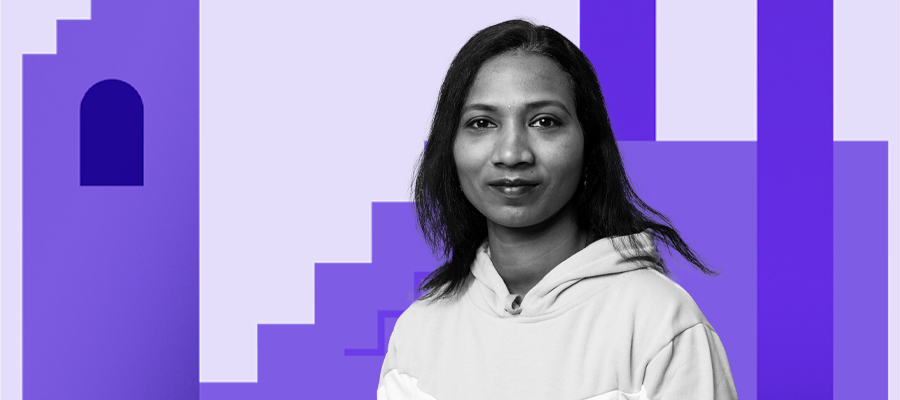Tampere IAS Fellow Shiji Raju
A nanomedicine expert specializing in the bio-fabrication of immunotherapeutic-loaded nanomedicine for prostate cancer, whose current project at the Tampere IAS aims to enhance image-guided cancer treatment through immunomodulation by integrating nanomedicine and immunotherapy.
Will Science, Technology, and Experts Save the World?
As a science enthusiast with a deep passion for research, the topic “Will Science, Technology, and Experts Save the World?” really made me reflect. This question was the focus of a Tampere IAS colloquium I attended in February 2025, and it continues to stay with me—not because of what was said there, but because it connects so deeply with how I already view science in our world.
From my perspective, science is already embedded in the world itself. Consider how our own body functions. It operates through a complex system that reflects interdisciplinary science. Our 11 major organ systems, each with their own roles, work in coordination—that’s biology. These systems are made up of tissues and cells, which in turn consist of macromolecules like proteins, carbohydrates, lipids, and nucleic acids—that’s chemistry. These macromolecules are made from atoms composed of protons, neutrons, and electrons, held together by interactive forces—that’s physics. And the numbers, patterns, and calculations that describe and maintain this structure—that’s mathematics. This shows that biology, chemistry, physics, and mathematics are deeply interconnected. They exist not just in books or labs, but within us—working silently and efficiently to keep us alive.
If we step outside ourselves, we see that the natural world—and even the universe—also operates on scientific principles. Nature has its own built-in systems of balance: different species and ecosystems support each other to sustain life. Humans, with our advanced brains, have discovered these principles and used them to build technology. Experts apply science and technology to improve human life—from medicine and agriculture to climate research and digital communication.
But we must be cautious, because science and technology are tools—and tools can both create and destroy. On one hand, the development of the smallpox vaccine saved millions of lives and led to the global eradication of the disease. On the other hand, the creation of atomic bombs—and their use in Hiroshima and Nagasaki—shows how devastating science can be when misused.
If we look across fields like environmental protection, healthcare, food security, disaster response, and education, it’s clear that science and technology have made incredible contributions to building a better world. But at the same time, when misused, science and technology can be harmful: industrial and plastic pollution damage the environment, advanced weaponry enables large-scale warfare, genetic engineering and cloning raise ethical concerns, digital technologies can compromise mental health and privacy, and automation often replaces jobs, increasing inequality.
So, will science, technology, and experts save the world? I believe they have the power to—but only if used wisely and ethically. Science is not separate from us—it is us. And whether it saves or harms the world depends on how we choose to apply it. As someone who believes in the potential of science, I feel it’s our responsibility—as researchers, students, and citizens—to ensure it serves life, not threatens it.

